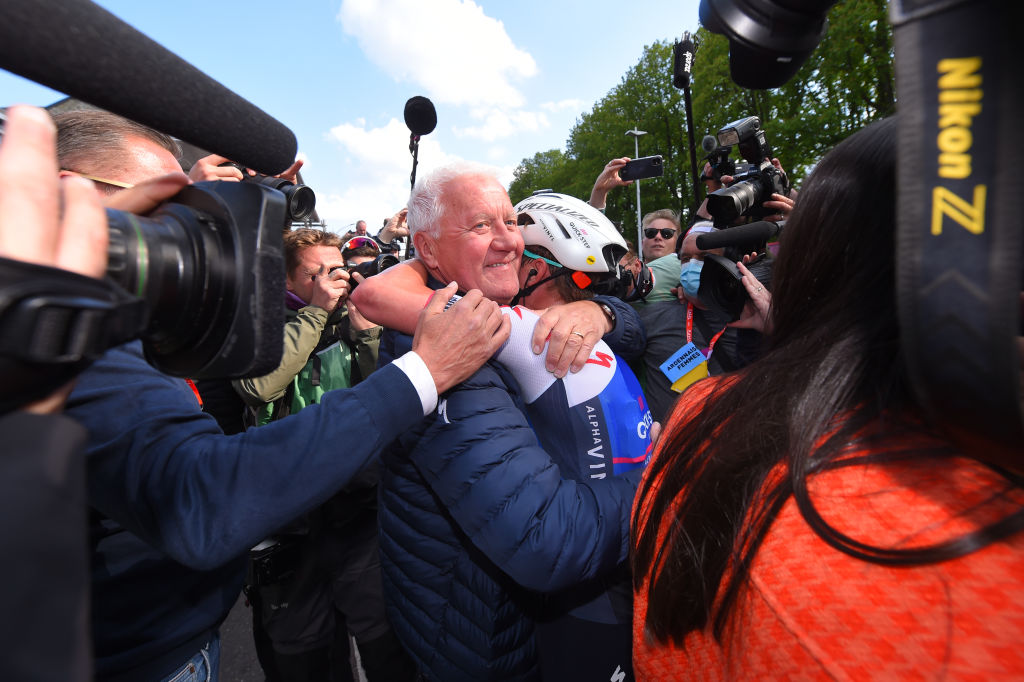Greg LeMond: We could find another rider like me if we tapped into our potential
Post-Armstrong era, we have a talented crop of riders, says former Tour de France winner
The latest race content, interviews, features, reviews and expert buying guides, direct to your inbox!
You are now subscribed
Your newsletter sign-up was successful
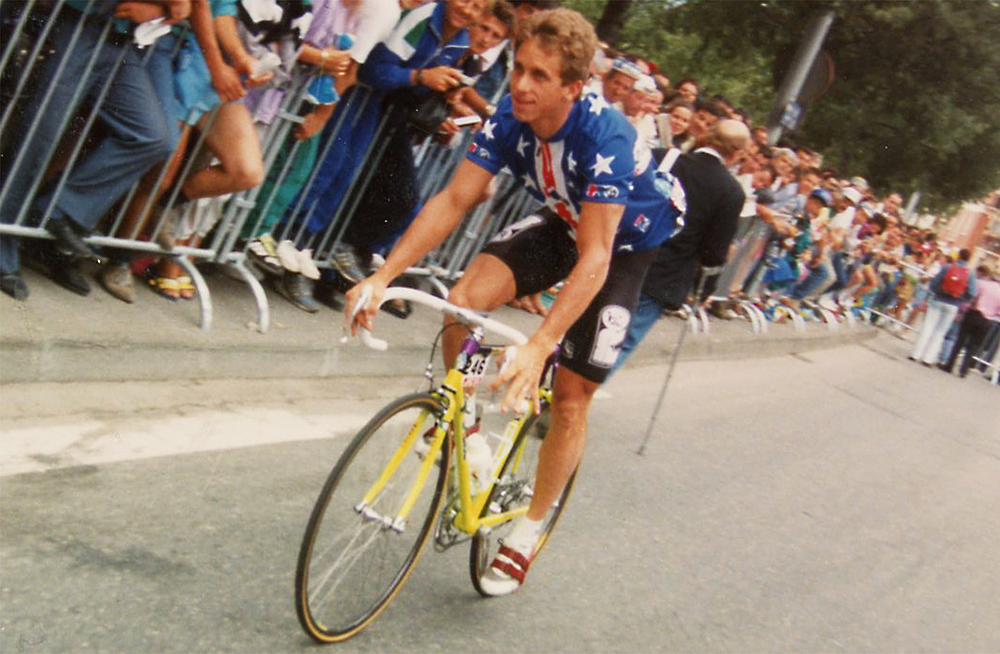
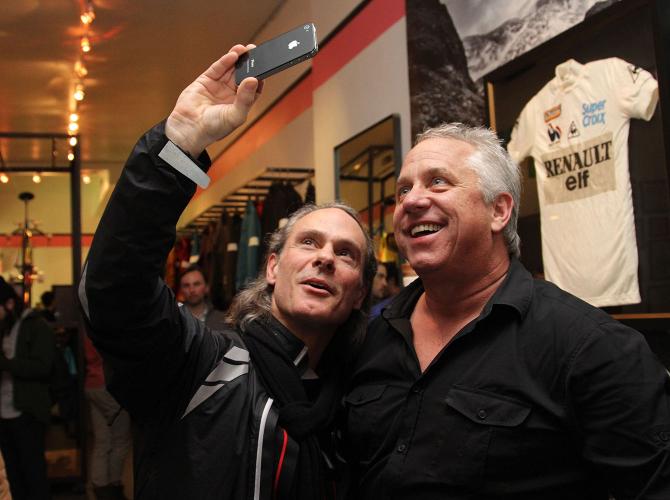
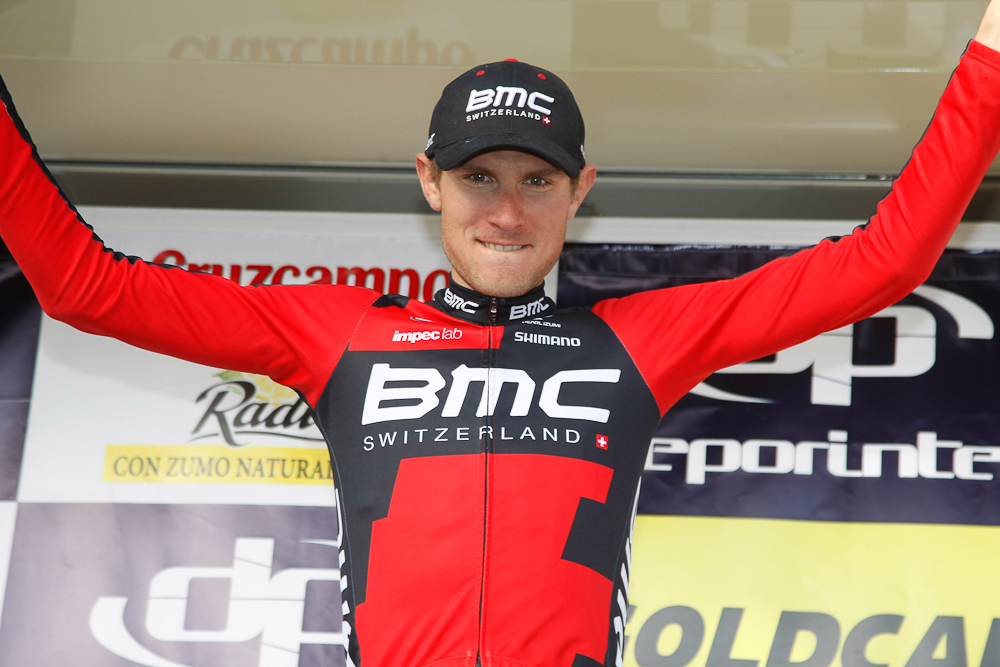
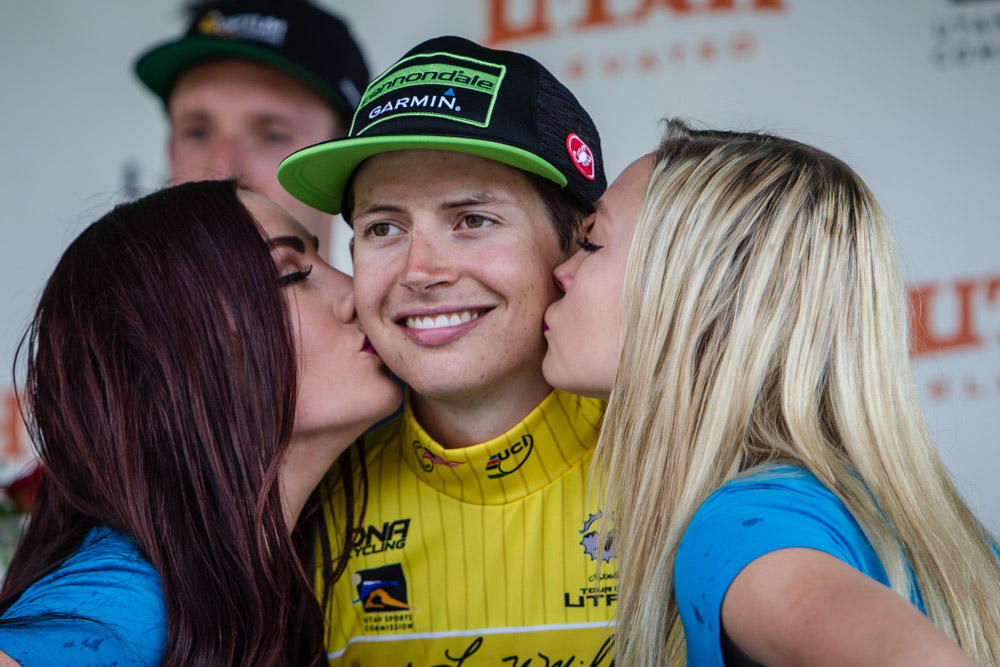
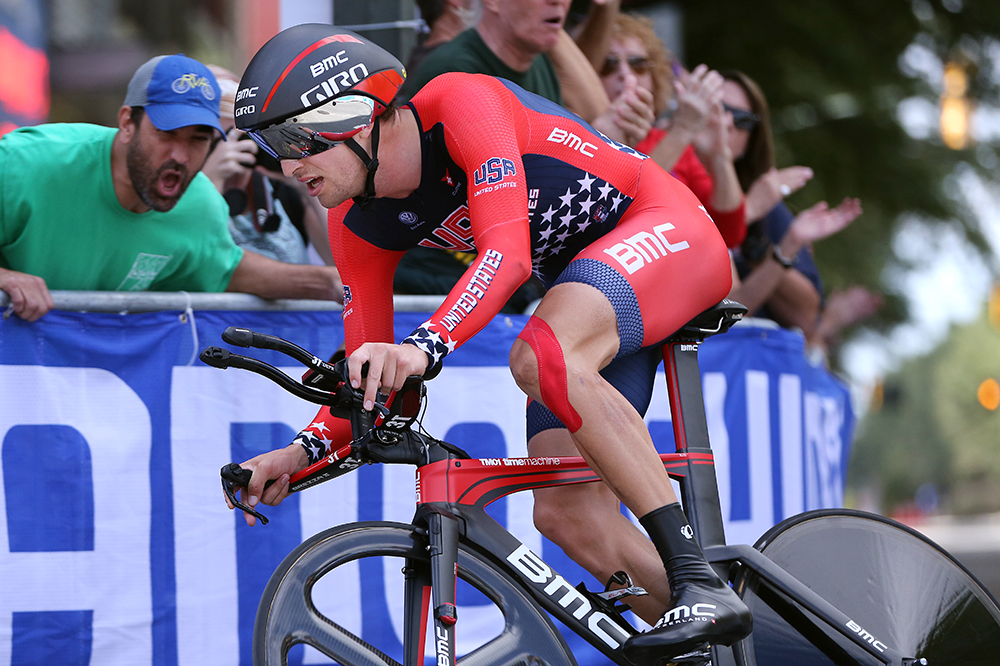
In 2004 a then recently retired Jonathan Vaughters interviewed Greg LeMond for a magazine feature. The three-time Tour de France winner was described by Vaughters as an American hero and an inspiration for a generation of riders. Former rider Alexi Grewal, who Vaughters talked to for the article, went so far as to liken LeMond to a god.
12 years on from that interview and the landscape of American cycling has changed irrevocably. Accusations have been levelled, doping confessions have been heard and several former champions ultimately disgraced. Yet despite, that LeMond's reputation has been enhanced. He's one of only a few icons of American cycling that are still standing.
LeMond now spends the vast majority of his time running his resurrected bike and accessories brand. He does some commentary for Eurosport and watches cycling when he can. But with two grandchildren, he now enjoys life at far more relaxed pace than during his racing heyday. When he spoke to Cyclingnews it was the day of his granddaughter's birthday party but he found time for us before the family gathered and the cake was cut so that we could talk to him about cycling in the USA, its health, and its future.
"I think we could find an athlete like me if we tapped into more riders," LeMond tells Cyclingnews optimistically.
"There's no doubt that there's more talent out there, we just need to find it and then develop it."
"I remember when I stopped racing and everyone asked: ‘Who is going to come through next?' Now there are a couple of riders now who can do really well. You've got someone like Andrew Talansky but then you've got Joe Dombrowski and Nathan Brown, who I really like the look of. Brown has got a track background, so he can time trial. We've not seen his true potential yet. What's exciting is that we've not seen the full potential from a lot of these guys."
Potential is a word LeMond knows all about. He came across the Atlantic with little more than the jersey on his back before winning the 1980 Circuit de la Sarthe in his first year as a senior rider and securing a pro contract with Renault for the following year.
The latest race content, interviews, features, reviews and expert buying guides, direct to your inbox!
The rest, as they say, is history and he remains - according to the record books – as the only American to win the Tour de France. LeMond helped transform the sport during his career too, helping to fight for athletes' rights that helped secure better contracts for riders.
"I had to go over to Europe because there were no options back home when I was looking to turn pro. There were a lot of good riders back home when I was racing but for a lot of US riders, especially back then, there was a psychological barrier when it came to racing in Europe. I came over, won Circuit de la Sarthe and got a pro contract but it was getting a bit easier by the mid-1980s when you had 7-Eleven providing options," he explains.
Nowadays, the internet, communication in general, and easier travel mean that riders can contact or visit family and friends back home without many of the problems that LeMond's generation had to face. It's also 2016 and around half the WorldTour teams have American riders on their rosters while there are three US-registered teams amongst the 18 WorldTour teams.
"Culturally the sport was a lot different back then and the cultural differences when moving to Europe from the US are totally different to what they are now. Home-sickness, believe it or not, has a huge impact on your riding and today things are much more diverse," LeMond points out.
"Everyone speaks English in the peloton and things have changed. At the end of the day, though, if you're good enough, you're good enough. If you can perform you'll get on a team, and that's not changed."
Where are the stars?
When it comes to big-name, big-result star riders, the USA finds itself in rather uncertain territory. The nation has zero riders inside the top-20 in the UCI rankings but they possess an echelon of athletes who can compete with the best when on their day.
Tejay van Garderen has the credentials to consider himself a Tour de France podium contender, Andrew Talansky, despite a rocky 2015, is still a capable climber, and Taylor Phinney is back on track after a horrendous injury. There are no kings or stars as such, more a cosmos of celestial princes without crowns.
Any star, one could argue, became harder to identify after the USADA investigation of 2012. It brought down almost an entire generation of riders and their achievements. While Lance Armstrong was central in the grip of USADA's long reaching tentacles into the US Postal team, only a few American riders remained untouched. That's has affected the perception of the new generation of US riders.
"The problem with all these guys who are coming after what was considered the ‘fairly tale' story of Armstrong, is that it was all false," LeMond says.
"There were ramifications for that but if you imagine for a second that Armstrong hadn't been there or hadn't existed, then the performances of the Talanskys and van Garderens are phenomenal. But it's like if you're Belgian and coming after Eddy Merckx, it all looks downhill from there, but it's all relative.
"I remember saying that Armstrong wasn't real, and I said that for years, but I think that there's some real talent out there now. Also if you look at Italy, how long did they have to wait before winning their last Tour de France? Same with the French. They've not won since Hinault in 1985. If you compare the US riders to that in a relative sense, the performances have been really great. On the other side if look at some countries that are the size of Minneapolis, like the UK, Norway, Australia, and New Zealand, they've had some exceptional results."
Such an argument based on the swings and roundabouts of sporting success is fair. After all the US had to wait decades for LeMond to come along in the first place, while the British audience only celebrated their first Tour de France champion in 2012 with Bradley Wiggins - their first podium finish. They've since had three Tour wins in less than five years.
"Having a huge star helps but you can't control that. One rider can inspire others to get into the sport, so let's say maybe 100 come into the sport from one inspirational rider and from that you might have three to four really talented people," LeMond argues.
"The sporting image has to change here in the USA. Once that happens then I can see cycling becoming a primary sport. As the sport becomes more legitimate and more transparent then people will believe in it more.
"All it takes is one good rider to come up and surprise everyone. Will that happen today or tomorrow? I don't know. If van Garderen wins the Tour de France it might. It was almost this euphoria for a lot of people when Armstrong was riding for seven years. Then it was like this depression, and I know a lot of people who were affected by it."
For LeMond, the USADA investigation was a much-needed step, one that provided short term pain, for what he hopes will be long-term relief. The redacted names from the investigation still linger and cycling in the USA is still going through somewhat of an identity crisis but LeMond believes that every USA cycling fans want to see clean success.
"The reality is that cycling was as dirty as hell and there's still some elements of that. However all the other sports were the same if not worse. I won't say it's unfortunate, because it's what needed to happen, with the exposure of all the cheating, but I think it needs to happen in all other sport – doping, corruption, betting, all that has to stop. People want to see human achievements. In cycling people want to see real attacks, not the doctors or the pharmaceuticals winning."
It's almost time for LeMond to leave – it's his granddaughter's birthday party this afternoon and he's running late because of us.
The three-time winner is perhaps not the god Alexi Grewal described him as but he is an ex-pro with his heart in the right place and an incredible palmares to his name.
For LeMond life and cycling are no longer just about racing; there are more important elements to his life. However should another American Tour de France winner come along in the next few years, they could do far worse than look to LeMond for inspiration.
"Will we find a guy to win the Tour? I don't know," LeMond admits.
"We're never going to get cycling in the USA to where it is in Spain or Italy but hopefully we can draw in enough riders in order to maintain a competitive edge. For me, now, it's also good to see people just ride their bikes, and be active and healthy. Getting people on bikes, that's the big picture and that's what it should be about."
Daniel Benson was the Editor in Chief at Cyclingnews.com between 2008 and 2022. Based in the UK, he joined the Cyclingnews team in 2008 as the site's first UK-based Managing Editor. In that time, he reported on over a dozen editions of the Tour de France, several World Championships, the Tour Down Under, Spring Classics, and the London 2012 Olympic Games. With the help of the excellent editorial team, he ran the coverage on Cyclingnews and has interviewed leading figures in the sport including UCI Presidents and Tour de France winners.

